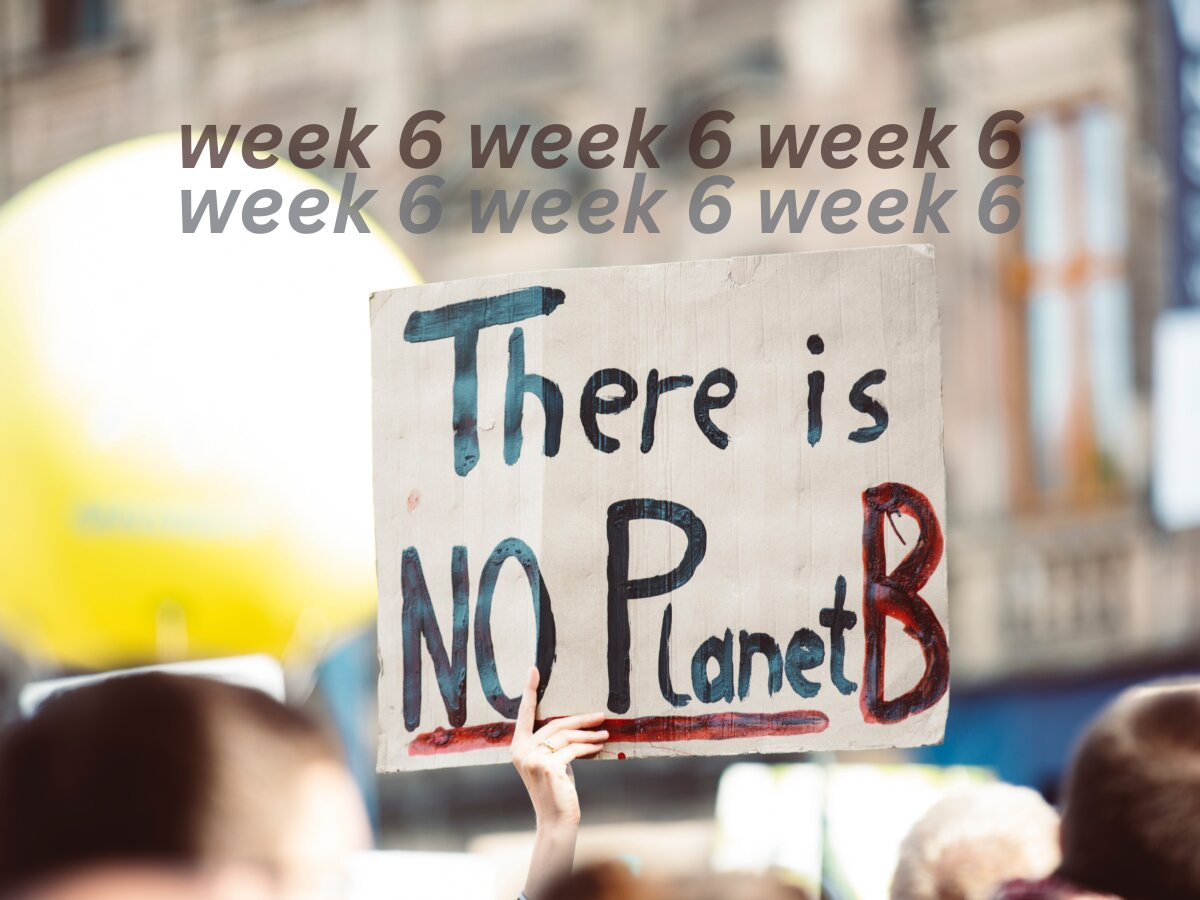The Green Piece
Lottie Tellyn relates both the good and the bad in climate news this week.
In this week’s climate news, scientists are predicting 2023 to be the hottest year on record, plastic waste is out of control in many parts of Africa, air pollution is now the fourth most likely cause of early death, and museums across the UK are cutting ties with fossil fuel sponsors. Let’s get into it.
2023 set to be the hottest year on record
Last month was the hottest October since records began in 1940, with temperatures averaging 1.7C degrees hotter than pre-industrial levels. This comes amid reports that 2023 temperatures are averaging 1.43C above the pre-industrial average from the Copernicus Climate Change Service (C3S).
October marked the fifth consecutive month of record global temperatures, with C3S’ deputy director Samantha Burgess warning that “global temperature records [are] being obliterated,” going on to say that “the sense of urgency for ambitious change going into COP28 has never been higher.”
This record heat also marks a rise in climate-related extreme weather events, with extreme heatwaves and droughts causing deaths, displacement, and health crises across the world. Frederike Otto, a climate scientist at Imperial College London remarked that this is why the Paris agreement is a human rights treaty, not merely another international agreement, reminding us that “not keeping to the goals in it is violating human rights on a vast scale.”
Plastic waste in Africa is ‘spiralling out of control’
New OECD analysis shows that plastic waste in Africa is growing faster than in any other continent, with the region predicted to end up with 116m tonnes of plastic waste annually by 2060. This represents a sixfold increase on the plastic waste produced in 2019.
The main driver of this is rising plastic consumption in sub-Saharan Africa, which has a very young population driving demand for vehicles and other products amid rising income and population growth.
Rich Gower, a senior economist at Tearfund, a charity which works in over 50 countries combating poverty, noted that “much of the plastic being used in sub-Saharan Africa is plastic packaging and ends up being dumped and burned,” contributing further to rising pollution levels with the lack of recycling and increased emissions from burning.
Air pollution studies show it is the fourth biggest cause of premature death
A State of Global Air analysis has reported that air pollution contributed to 6.67 million deaths in 2019, with around 15,000 of these occurring in the UK. This means that air pollution accounts for more than 1 in 9 deaths globally. This makes it the fourth leading risk factor for deaths worldwide, exceeded only by high blood pressure, dietary risks, and tobacco use.
Every year, more people are dying from air pollution related risks than die from traffic collisions, chronic diseases like high cholesterol, malnutrition, and alcohol use.
Cities like Delhi show air pollution spiking at 100 times the WHO recommended health limit, hitting the top of the air quality index scale at the beginning of November, where doctors say they have already begun to see an increase in patients with breathing problems.
The good climate news: UK museums to cut ties with fossil fuel sponsors
The UK museum COP, held in London last month, resulted in national and regional museums in the UK agreeing to take collective action on the climate crisis, including using their position to engage audiences and to manage their collections more sustainably.
This follows many leading museums and galleries, including the Tate where the COP was held, and the British Museum, ending long-term sponsorship deals with fossil fuel companies in recent years. Particularly notable is the British Museum, which announced this year that it would be ending a 27-year long sponsorship deal with BP following extensive environmental campaigning.
Environmental sustainability shows itself to be a significant priority again, with the conference calling on UK politicians to take action before it’s too late and affirming its commitment to reducing their own impact.
This conference comes as much climate action begins to occur at sub-state levels, with conferences like the World Mayor’s Summit committing cities and smaller scale entities to climate targets their state is yet to agree to.
Until next time…
That’s it for this week’s climate news. If you find any of these stories distressing or upsetting, the university has a range of support available, and there are many climate societies where you can get involved in more direct action.

